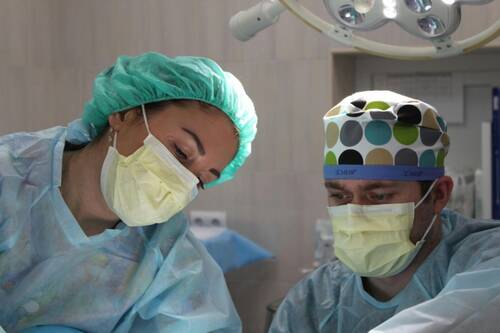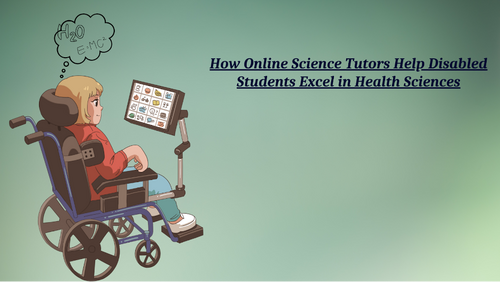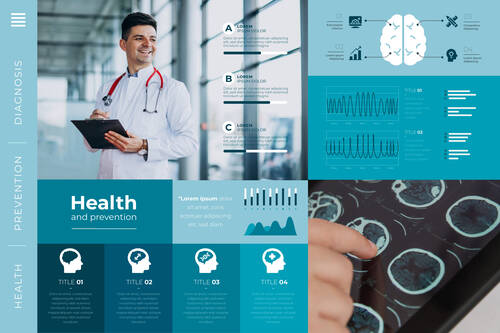The Importance of Lifelong Learning in Nursing
The nursing profession is one that requires continuous learning and skill development throughout one's career. With advancements in medical technology and research, new evidence-based best practices are always emerging. Lifelong learning enables nurses to provide the highest quality care to their patients by staying up-to-date on the latest developments in the field. For both patients and nurses, the benefits of lifelong learning are numerous.
Staying Current with Best Practices
Lifelong learning allows nurses to remain current on evidence-based best practices and new technologies. Medicine is constantly evolving, and if nurses do not make an effort to advance their knowledge and skills continually, they risk becoming outdated. This could negatively impact patient care and outcomes. By engaging in ongoing professional development through activities such as conferences, certifications, online courses, and degree programs such as the St. Kate's nursing programs, nurses can ensure they are utilizing the most effective, up-to-date practices. This helps them provide the highest level of care to their patients.
(more…)































